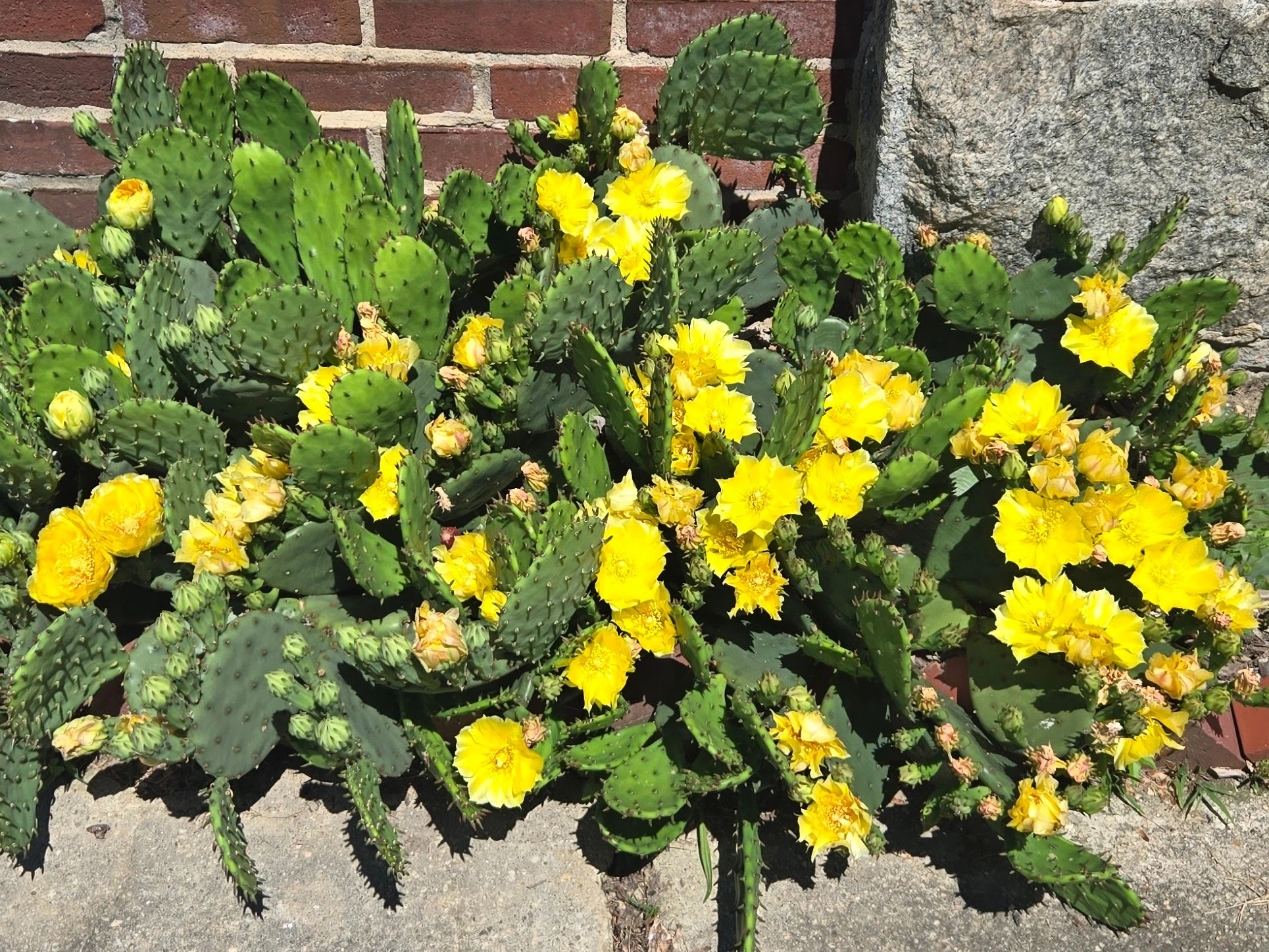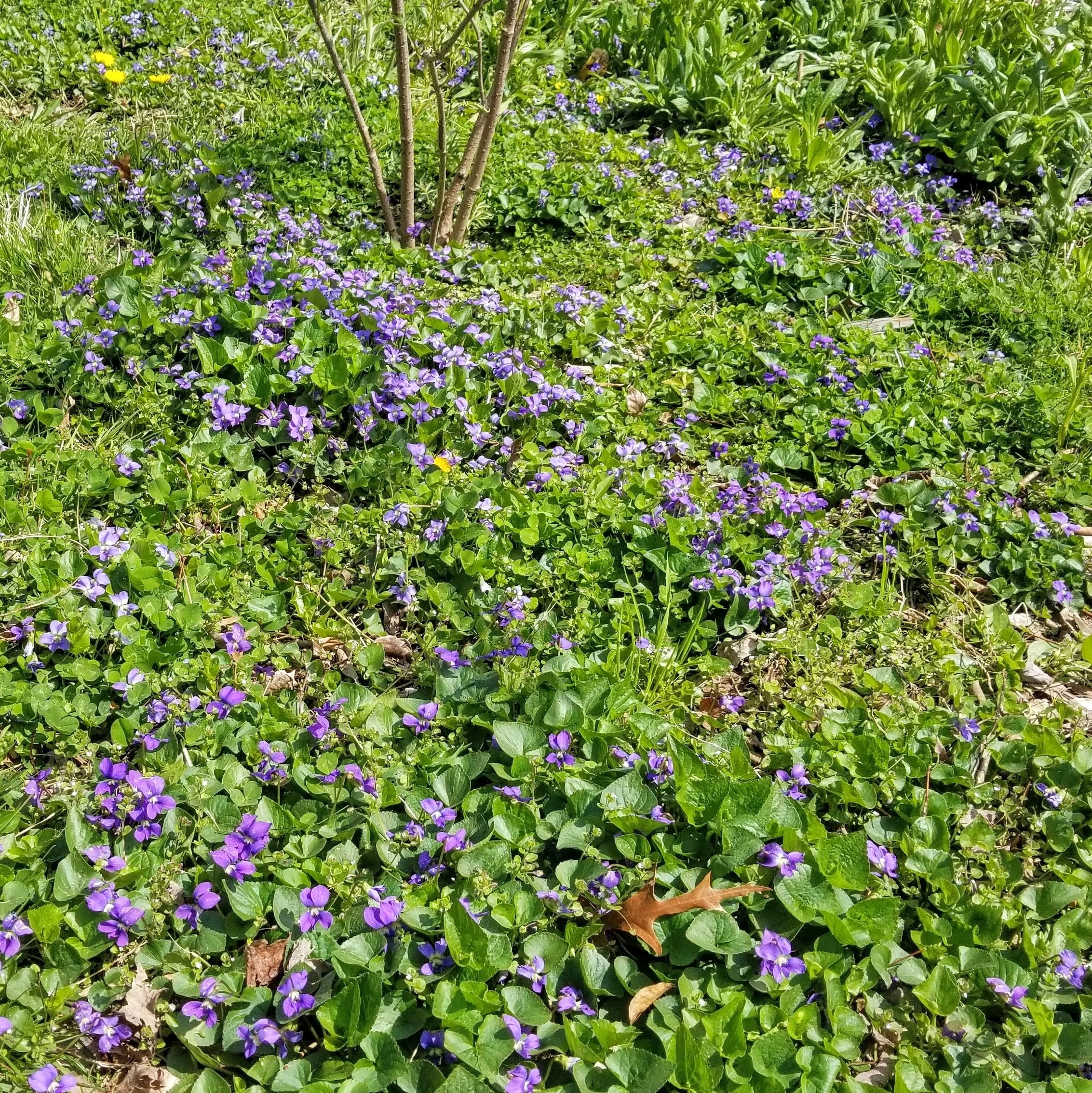You're correct, we won't know unless we try! I'm cleaning up my bookmarks and watch laters, so I'll share more as I review them.
I debated where to post this, but felt like it fits this community best 🧙♀️ Let me know if my gut was wrong.
I grew up on concrete with streets peppered by exotic callery pear and feral pigeons. It wasn't until a friend moved to a neighborhood with big yards (for the city, anyway) that I saw cardinals, bluejays, cottontails, foxes, and nights lit up by fireflies.
I live close to that neighborhood now and the streets here are lined with willow oak, black cherry, and sycamore. So many woodland creatures and cool bugs, some of which are recorded on iNat.
But go a mile south to a redlined neighborhood and the canopy is sparse to none. The streets are lined with empty tree wells, usually sloppily paved over. Some years ago, the police installed bright white spotlights and surveillance cameras. Absolutely brutal stuff.
Places like Maryland did away with that nonsense. It is possible if neighbors are willing to come together and fight for it.
You've convinced me 👩🌾 the bees were all over them so there's dozens of future fruits growing. I think these are at least two different species/hybrids given the variance in flower form and coloration. I'll be neat if they taste different, too!
The pads are what I really want to try... the new growth looked so yummy lol. I read they taste like a mix of green beans and okra. Sounds delish.
Watching them flutter around the milkweed, over to my neighbor's flowers, across the street and back again was beautiful. It was amazing to see one in person. They're much larger than I imagined and very graceful.
Closing a herbarium during the sixth mass extinction 🤡
Update! Today's blooms:

All of my neighbors have grass on these narrow strips, maybe these cheery yellows will inspire them to plant some flowers instead.
When I was a kid, I was like the creator, what a cool sci-fi movie! As an adult, I realize Starship Troopers, along with Trading Places and Little Shop of Horrors, heavily shaped my politics 😂
I felt that too, especially the manner in which he poked fun at their contradictions. It comes off as dismissive, but I don't think this is actually the case.
Based on an interview I watched of Citarella, he seeks to understand the teens and their motivations, telling their stories with compassion. Citarella also stated that the right is taking this phenomenon seriously (and using it as a pipeline), so the left should as well.
If you're referring to the abstract, unfortunately that's how they're normally written.

Do you mean the fun stuff like soy curls and doing lines of nooch? Mimicking the gluttonous delights of Thee Burger Dude?